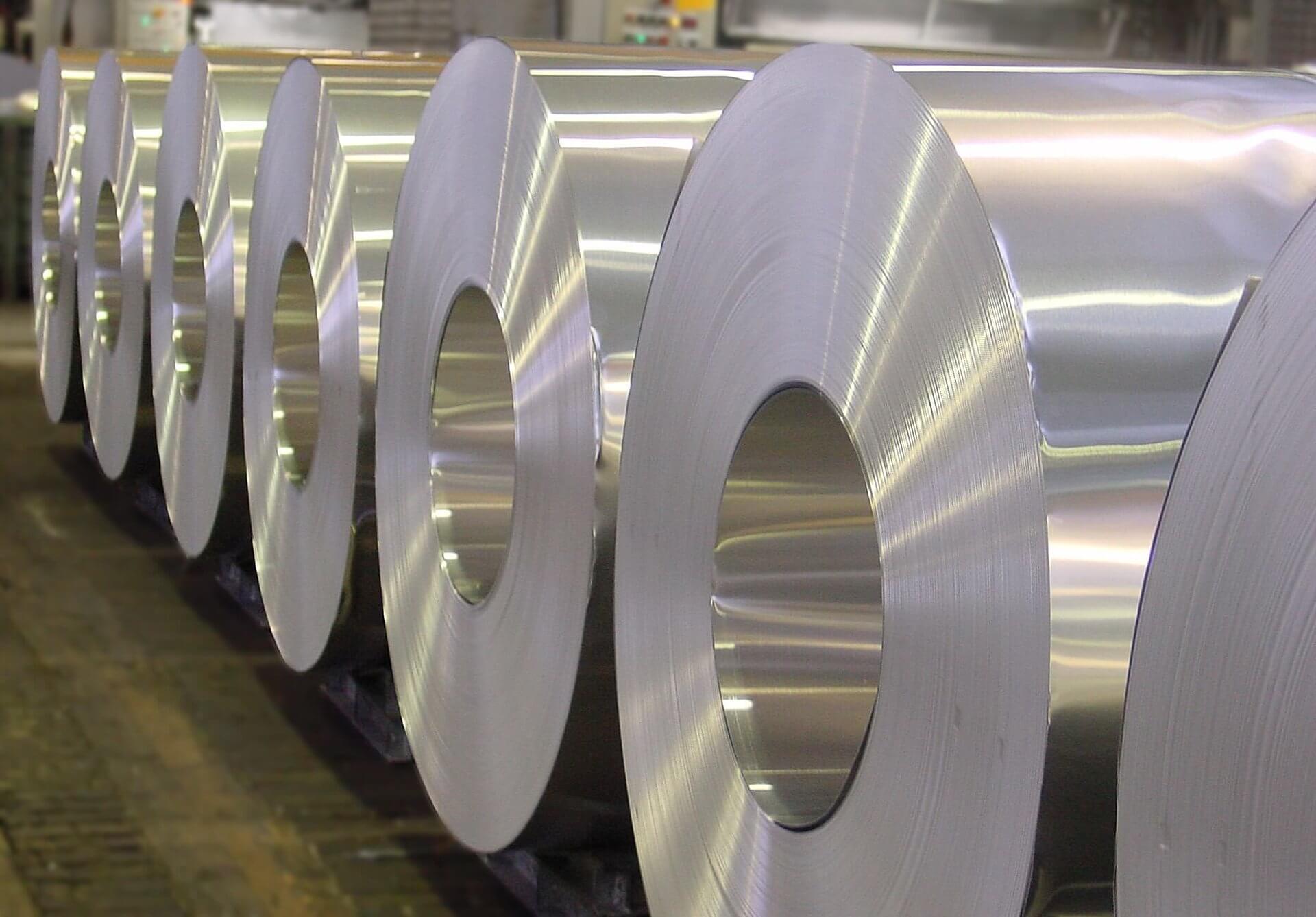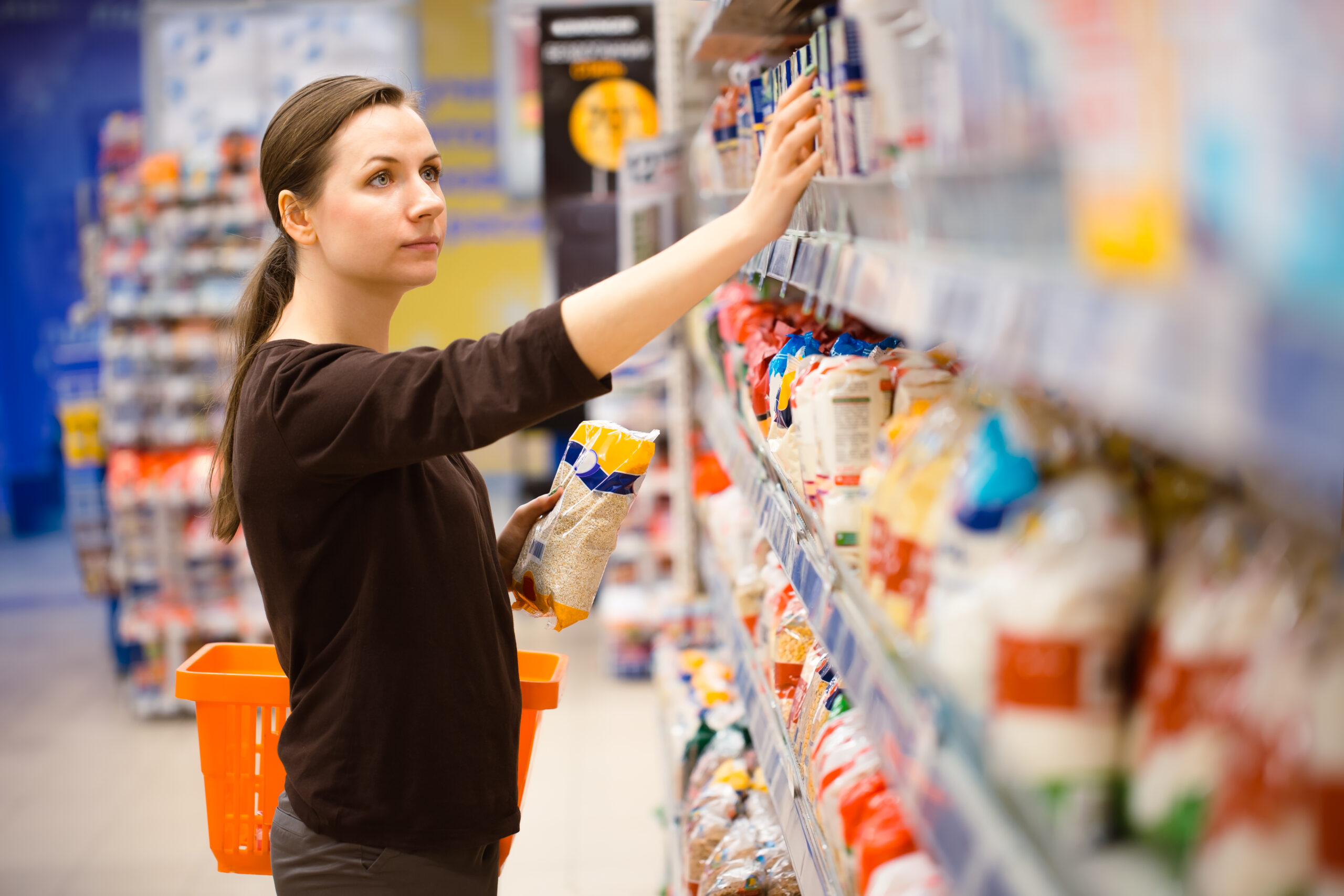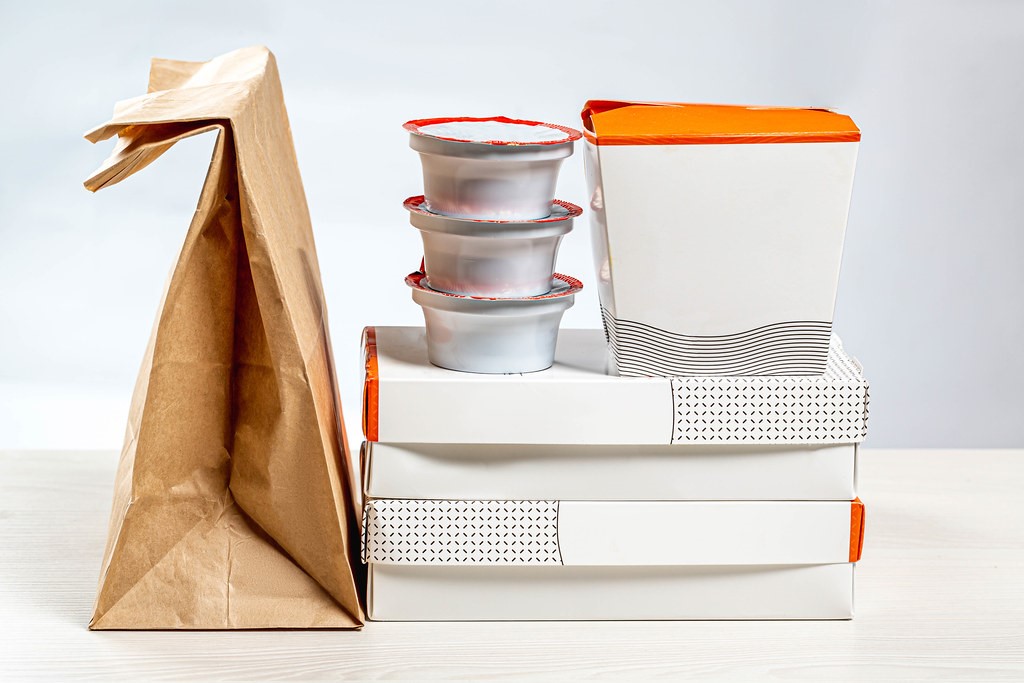Dubbed the “number one recycling villain,” the iconic Pringles tube will start to look different in the coming months, as owner Kellogg’s is trialing new recycled packaging in the UK. The new tubes, made from mostly recycled paper, hit the shelves of three Tesco grocery stores in England last week and the test will run for six weeks.
The instantly recognizable design and 15-month shelf life have contributed to Pringles’ success since its original inception in the 1960s. But, with around three million cans made every day in Europe alone, there’s a clear need to reduce the environmental footprint associated with the infamous snack.
Related: FDA Announces Slow Phase-Out of Certain PFAS Chemicals Used in Food Packaging
The difficulty to recycle the current tubes stems from the complexity of the packaging, which uses metal, plastic, foil and cardboard components. The redesigned tube, which has been in development for 12 months, will be made up of 90 percent paper and approximately ten percent plastic. This works to seal the contents and preserve the flavor, protecting against moisture and oxygen.
So much of Pringles’ branding is dependent on the iconic tubes and the ‘pop’ sound it emits upon opening, but Kellogg’s assured consumers that the new lids will still produce the distinctive sound. They are trialing two different lids: a recyclable paper lid and a recyclable plastic lid, with experts advising Kellogg’s to go with the former.
Experts remain concerned even though the redesign has been touted as an improvement. They warn that it will not be clear until the product has been tested in recycling mills whether the plastic used for the seal will be recyclable.
Speaking to BBC News, Simon Ellin from the Recycling Association said, “The Pringles tube has been a bastion of bad design from the recyclers’ point of view. This new version is an improvement, and we broadly welcome it.”
“But, frankly, if they are going to stick to a plastic lid that’ll just add to problems with plastic pollution – people on picnics leave them behind and they find their way into streams and the sea. That plastic lid has got to go,” Ellin added.
Pringles are not the only ones with work to do. Other recycling villains included Lucozade Sport (a Japanese soft drink), whisky bottles and cleaning spray bottles. Much like Pringles, the difficulty to recycle the other offenders has to do with their various parts – some recyclable, others landfill-bound. These brands and products will have to explore plastic alternatives to improve sustainability.









Join or login to leave a comment
JOIN LOGIN